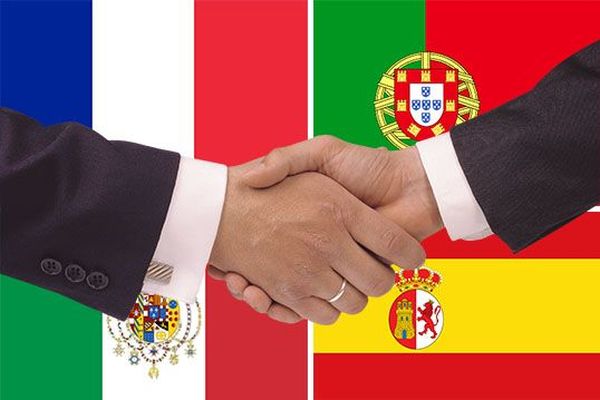9 Oct
Spain, Portugal, Italy, and France are in the process of sharing player liquidity and here’s how it all happened.
Shared player liquidity for European online poker sites has been a hot topic issue since many markets in the region were segmented by regulators.
Regulation costs a lot of taxpayer money which is why there’s an expectation for it to generate tax revenue, but the regulated Spaniard, French, Italian and Portuguese player pools don’t produce enough to support four individual markets.
If these four individual markets unified into a single stable international market, however, that could create a profitable environment for everyone involved.
European online gambling regulators have had an uncountable amount of meetings on the subject of liquidity, with many falling by the wayside over the years. These are the four parties involved in the latest deal:
- Italy’s Agencia delle dogane e dei Monopoli (ADM)
- Spain’s Dirección General de Ordenación del Juego (DGOJ)
- Portugal’s Serviços de Regulaçao e Inspeçao de Jogos (SRIJ)
- France’s Autorité de Regulatión des Jeux en Ligne (ARJEL)
These four regulatory bodies have been in talks of liquidity for years, with seemingly no real progress made until one November day when Spain made a move.

Agreement concerning online poker liquidity sharing
In November 2016, Spain’s DGOJ announced that it had been in talks with similar regulatory bodies from France, Portugal, and Italy to negotiate shared liquidity.
Italy’s ADM then called for a “Decisive” meeting to sort it all out and even claimed International liquidity could be available by the late 2017- early 2018.
The deal was finally signed on July 6 in Rome and was then released in PDF for the whole world to see. All parties agreed to do everything in their power so that it can go into effect in late 2017. After years of close calls and deals falling through, it’s finally happening.
There are already talks of expanding the network to include other EU countries, with Germany, Denmark, and Austria being likely candidates. Meanwhile, France and Spain are currently processing new licenses to foreign operators interested in their long-neglected player pools.
Spain, in particular, has given operators up to twelve months to submit their application for a license, as the DGOJ recently announced through the Spanish Official Gazette.
Stay tuned to PokerTube for more on how the European Poker Industry shifts and adapts to the changing times.
